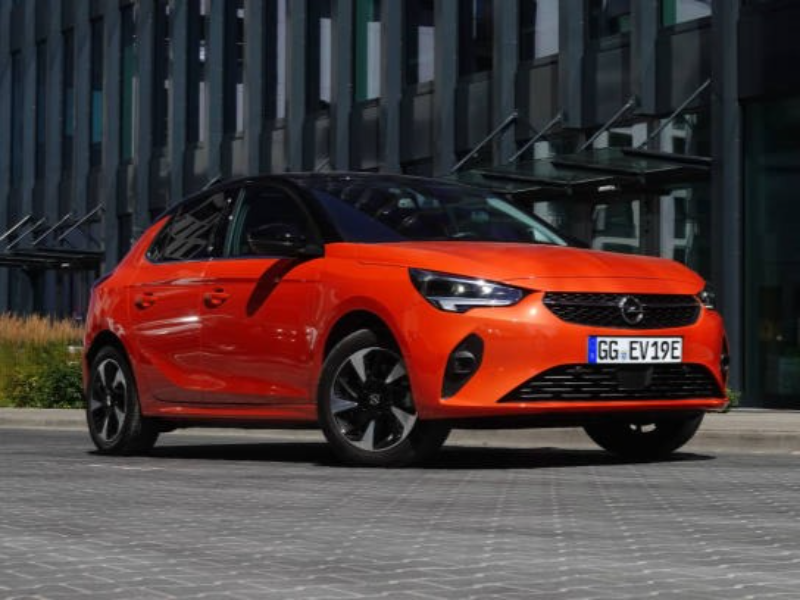- Stellantis is ready to compete with Chinese EV manufacturers in Europe, unveiling a new production line in Serbia.
- Serbia reinstated Rio Tinto’s lithium mine licence and signed a deal with the European Union to supply raw materials for EVs, with interest from Mercedes-Benz.
OUR TAKE
Stellantis is actively entering the European electric vehicle market. Serbia’s strategic alliance with Stellantis and raw material deals aim to challenge Chinese dominance. With major players like Mercedes-Benz interested, this could redefine Europe’s automotive landscape. Renault CEO Luca de Meo is not optimistic about the future of electric vehicles in Europe. It remains to be seen whether the European electric vehicle market can develop rapidly.
–Jasmine Zhang, BTW reporter
What happened
Stellantis, led by CEO Carlos Tavares, is prepared to “fight” for its place in europe’s electric Vehicle (EV) market against fierce competition from Chinese manufacturers like BYD.
The company recently unveiled a new EV production line in Serbia, bolstered by a €190 million ($206.7 million) deal signed in 2022. Serbian President Aleksandar Vučić highlighted the nation’s unique position in the Western Balkans for electric car production, seeing the plant as a growth engine for the region.
In line with its sustainability goals, Serbia reinstated a licence for Rio Tinto to develop Europe’s largest lithium mine, aiming for annual output sufficient for 1.1 million EVs. Serbia also signed a deal with the EU to provide access to raw materials, with Mercedes-Benz expressing interest in Serbian lithium.
Also read: Stellantis Ventures invests in Tiamat and affordable sodium-ion battery technology
Also read: EV giant BYD secures $1B plant deal in Turkey
Why it’s important
CEO Carlos Tavares’ declaration of readiness to “fight” against the Chinese EV juggernaut is a clarion call to the entire industry. This isn’t just about cars. It’s a battle for technological supremacy, economic resilience, and regional pride.
Serbia’s ambitious push to become a key player in sustainable raw materials and EV production signals a seismic shift in the geopolitical balance of the automotive sector. By aligning with Stellantis and reinstating Rio Tinto’s lithium mine licence, Serbia isn’t just betting on a greener future. It’s positioning itself as a cornerstone of Europe’s EV supply chain.
Mercedes-Benz’s interest in Serbian lithium underscores the gravity of this development. Following yesterday’s call by Renault CEO Luca de Meo for a more flexible transition timetable for Europe’s transition to electric vehicles, the development of the European electric vehicle industry should be a steady and gradual process. Can Europe truly challenge China’s dominance, or is this a David-and-Goliath fight destined for failure? Only time will tell, but the stakes have never been higher.

